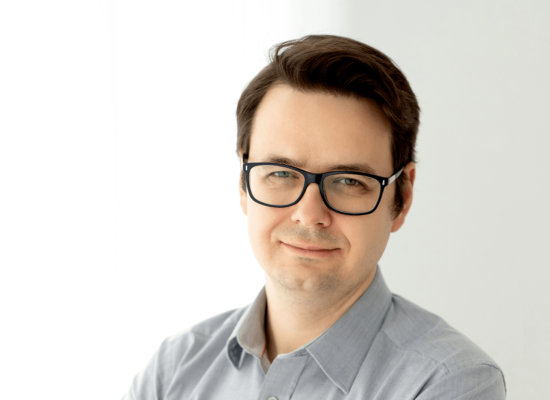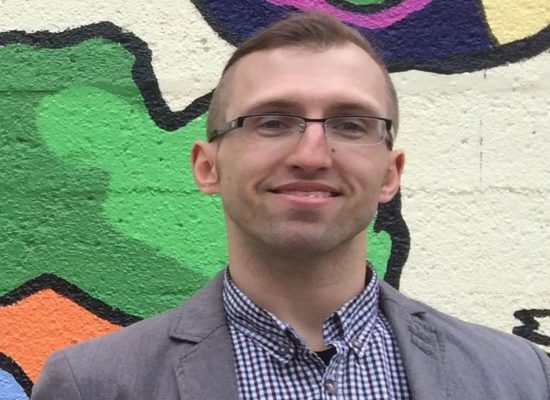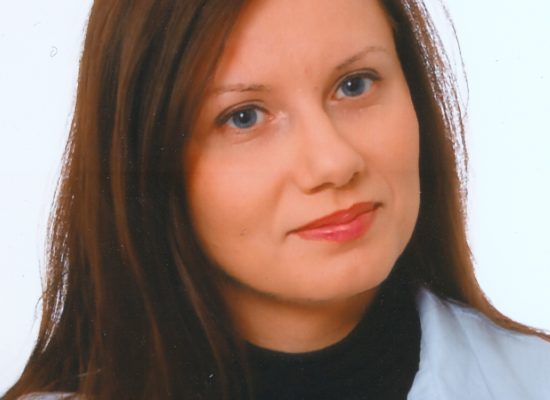Research directions of the Department of Research on Social and Institutional Transformations
The Department’s research involves conceptual-theoretical work and empirical analyses of the long-term transformations of Polish institutions, structures and social policies after 1989, as well as the changes that have taken place in individual attitudes, preferences and behaviors of citizens during this period. We observe, analyze and interpret Polish transformations in the broad context of the historical transformation of the entire East-Central European region – from the phase of radical change in institutional and social structure in the early 1990s to the current “transformations of transition” in Poland and other countries in the region. The ongoing work includes intra- and inter-country comparative analyses and historical studies. They concern research on: (1) reforms of institutions and public space and the co-production of social policies, (2) long-term transformations of inequality and social mobility, (3) collective memory and security in the context of new forms of patriotism, paramilitarism, gender politics and feminism in Poland and the region, (4) historical and generational determinants of social and political attitudes, preferences and behavior and the methodology for analyzing them, (5) interest and influence groups and organizations in Poland and Europe.
We use diverse research methods in our studies. These include qualitative analyses of texts, documents and sources, as well as many methods of quantitative analysis, including statistical analyses of large data sets and experimental methods. The characteristic of the work carried out in the Department is the effort to ensure that the data collected and analyzed have a “long life” by constantly using them in new and diverse research contexts. This kind of approach reflects a concern for cumulativeness in the development of the social sciences. Examples include analyses of the socioeconomic trajectories of successive generations and research on social networks.
In their scientific work, the Department’s employees actively cooperate with foreign researchers – they work in international teams, carry out projects and grants, organize conferences. For many years, the work of the Department has also involved John. E. Jackson, professor emeritus of political science at the University of Michigan.







